Sargassum Inundates the Beaches of the Caribbean
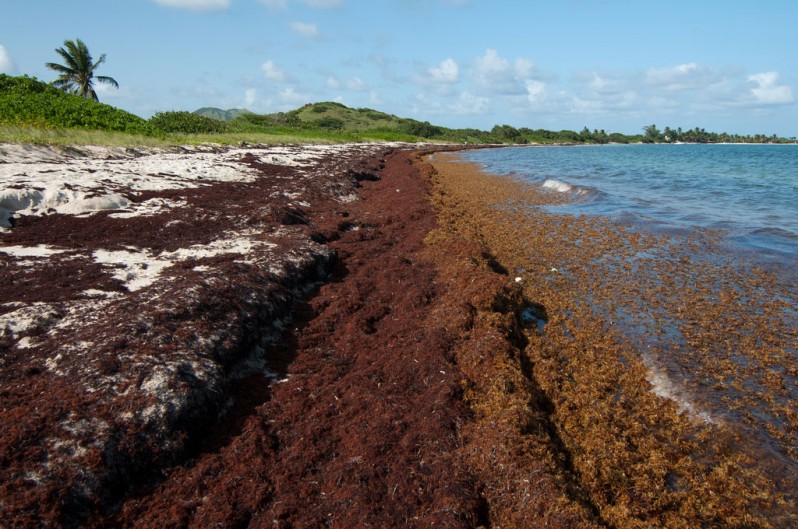
Massive amounts of pelagic sargassum have ben washing up on Carribean beaches for the past few months. According to Mission Blue friend Martha Gilkes of Antigua, the seaweed drifts are getting as high as 3 to 4 feet on some beaches.
Abbot Point: Study on Dumping of Spoil in Wetlands Not Required
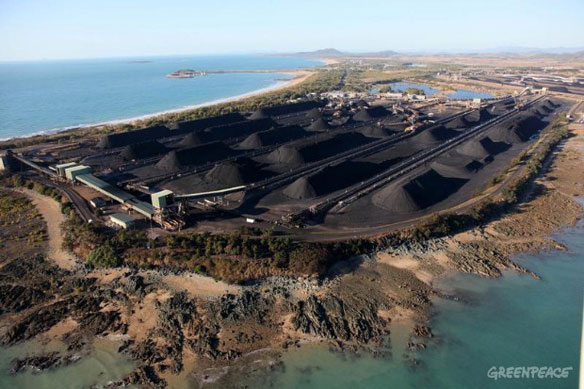
The federal government has waived the need for a full environmental impact study into the dumping of dredging spoil onto sensitive wetlands under the plan to expand the Abbot Point coal port in Queensland.
Albania’s Coastal Wetlands: Killing Field for Migrating Birds
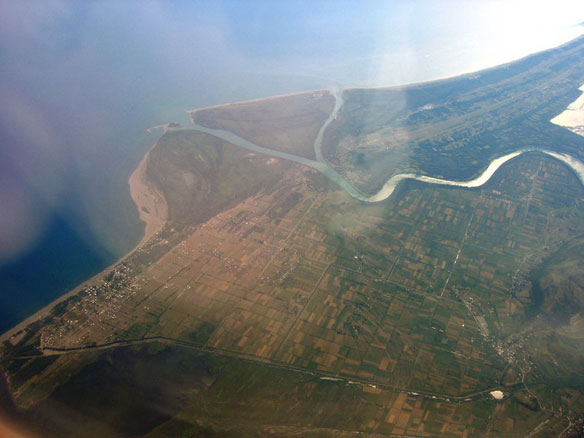
Albania’s wetlands are officially protected under national and international agreements, but signs of illegal harvesting are abundant, suggesting a far different reality.
Bamboo Could Be a Savior for Climate Change, Biodiversity
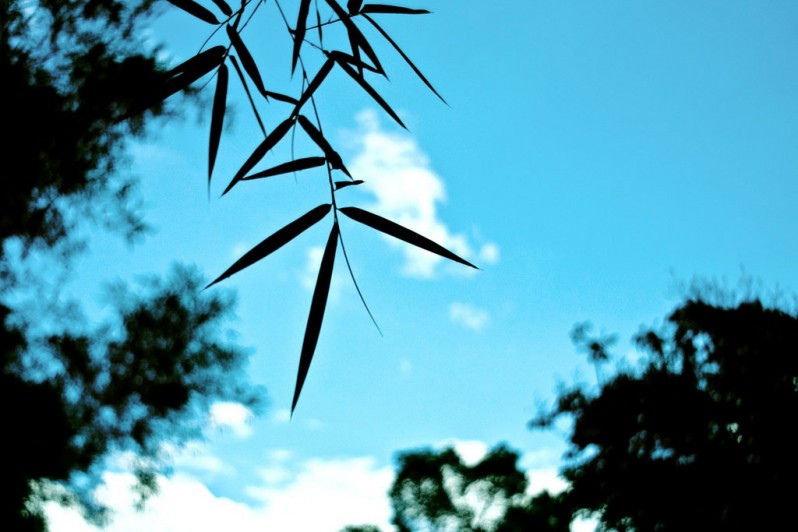
The plant bamboo, and there are about 1,250 different species, has a very important role to play in environmental protection and climate change mitigation. Bamboos have very strong and extensive root systems and are amazing tools to combat soil erosion and to help with land degradation restoration.
Global Economy To Lose Billions Without Action To Stop Ocean Acidification, UN Report Warns
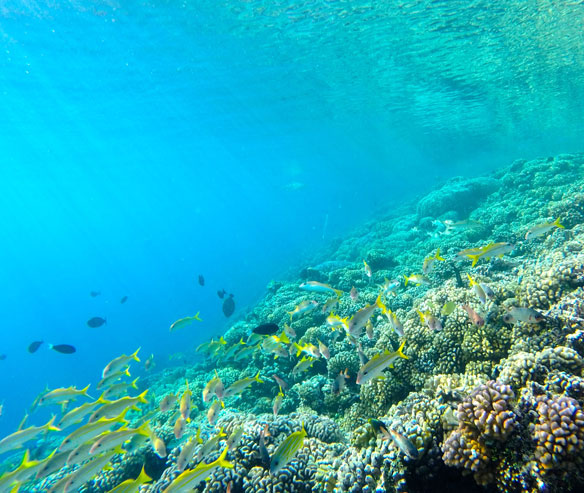
The global economy could be losing as much as $1 trillion annually by the end of the century if countries do not take urgent steps to stop ocean acidification, says a United Nations report launched Wednesday in Pyeongchang, Republic of Korea (ROK).
Due To Landscape Fragmentation, Brazil’s Rainforests Are Releasing More Carbon Dioxide Than Previously Thought

For the first time, this examination shows a methodical way in which ecological effects in small areas can be used for large-scale environmental assessments.
Major Conference On Biodiversity Warns Against ‘Business As Usual’ Behaviour, Consumption

The report, Global Diversity Outlook 4 was released today at the start of the 12th meeting of the Conference of the Parties to the Convention on Biological Diversity, known as COP-12. Continuing with ‘business as usual’ in our present patterns of behaviour, consumption, production and economic incentives will not allow us to realize the vision of a world with ecosystems capable of meeting human needs into the future.
How Wolves Change Rivers – Video
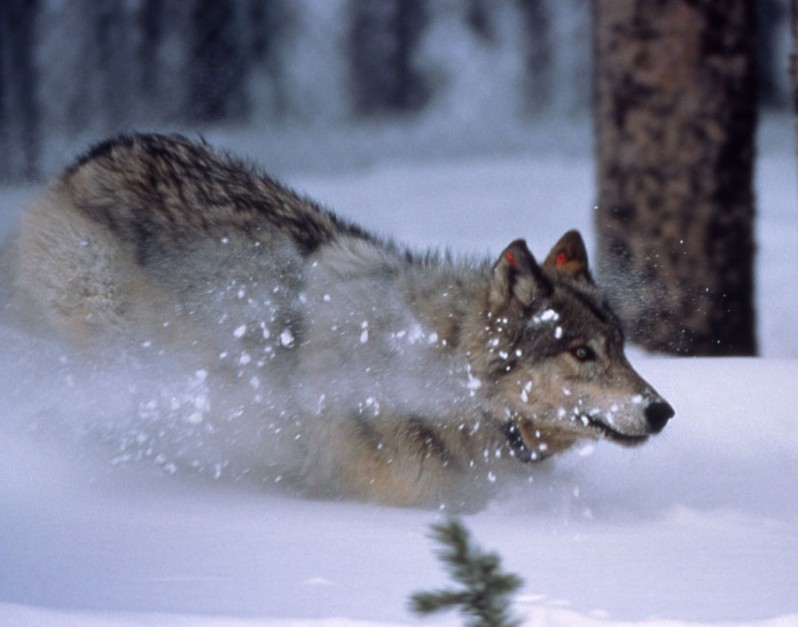
Wolves are top predators that have far-reaching beneficial effects upon entire ecosystems — including the structure of rivers. An amazing Video narrated by George Monbiot, environmental activist and writer at Guardian UK.
Earth Lost 50% Of Its Wildlife In The Past 40 Years, WWF Reports

The number of wild animals on Earth has halved in the past 40 years, according to a new analysis. Creatures across land, rivers and the seas are being decimated as humans kill them for food in unsustainable numbers, while polluting or destroying their habitats.
